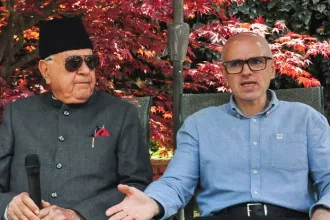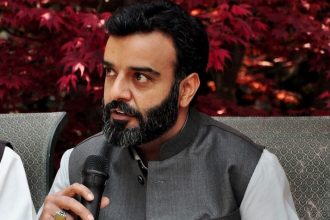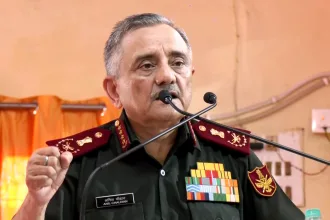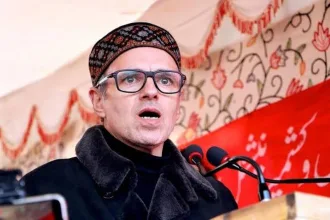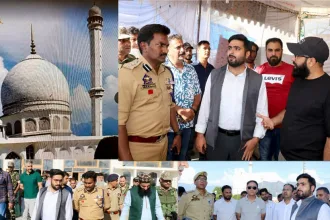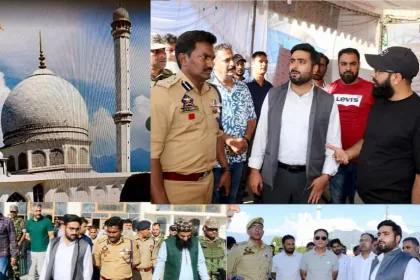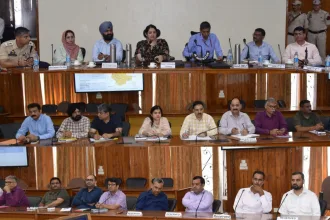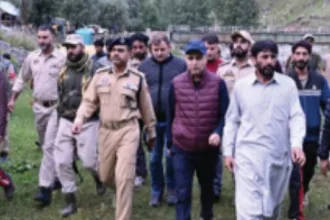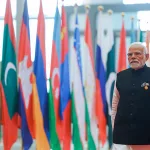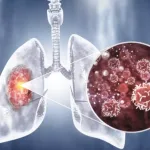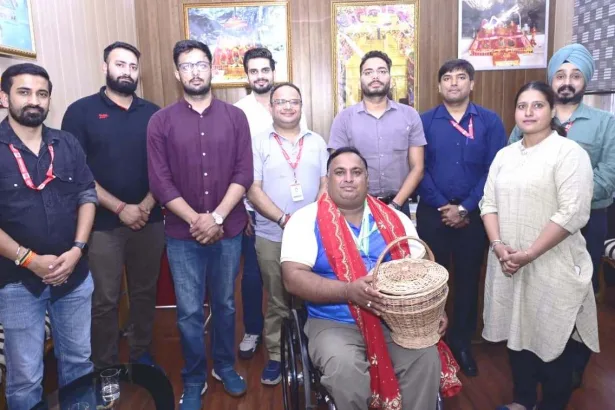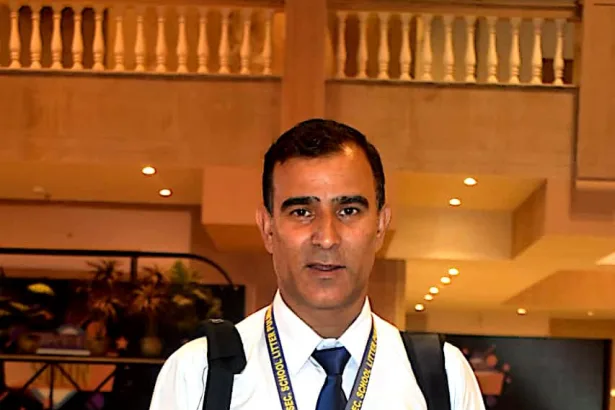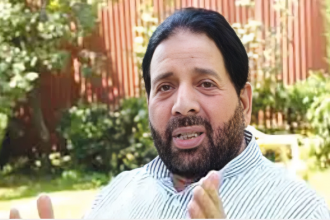- Quick Links
- About Us
- Contact Us
- E-Paper
Search
Archives
- September 2025
- August 2025
- July 2025
- June 2025
- May 2025
- April 2025
- March 2025
- February 2025
- January 2025
- December 2024
- November 2024
- October 2024
- September 2024
- August 2024
- July 2024
- June 2024
- May 2024
- April 2024
- March 2024
- February 2024
- January 2024
- December 2023
- November 2023
- October 2023
- September 2023
- August 2023
- July 2023
- June 2023
- May 2023
- April 2023
- March 2023
- February 2023
- January 2023
- December 2022
- November 2022
- October 2022
- September 2022
- August 2022
- July 2022
- June 2022
- May 2022
© 2022 Foxiz News Network. Ruby Design Company. All Rights Reserved.
Notification Show More
CM Omar chairs high-level meeting to review flood situation in Kashmir valley
Calls for embankment reinforcement at vulnerable spots, swift relief measures, restoration of essential services
NMC grants addl 190 MBBS seats to 5 J&K medical colleges
Srinagar, Sept 04: To augment the undergraduate medical education, the National Medical Commission (NMC) has approved an additional 190 MBBS seats to five medical colleges in Jammu and Kashmir. In…
Hazratbal must remain above controversy, a space of devotion not division: National Conference
'Arrests, threats can deepen mistrust, issues should be resolved through dialogue'
Talk of PSA in Hazratbal controversy adds insult to injury, foolish and unacceptable: Aga Ruhullah
Member Parliament Srinagar, Aga Ruhullah Mehdi on Friday said that attempts to…
Police solve hit and run case within hours in Awantipora; Accused arrested
Jammu and Kashmir Police on Friday have solved a hit and run…
Police attach vehicle under UAPA in Anantnag
Continuing its drive against individuals involved in unlawful activities, Police in Anantnag…
IMCT visits flood-affected areas for damage assessment
Uhdampur, Sep 05: An Inter-Ministerial Central Team, deputed by the Government…
Mission YUVA: DC approves 307 cases to promote youth entrepreneurship
Reasi, Sep 05: In a significant push towards youth empowerment and…
LoP Sunil Sharma visits flood-affected areas in Akhnoor
Leader of the Opposition, Sunil Sharma along with MLA Akhnoor Mohan lal,…
Jammu–Katra shuttle services suspended for second day
Srinagar, Sept 04: Jammu–Katra shuttle train service remained suspended for the…
Memories of 2014 floods return, fueling mental distress in J&K
Docs report surge in PTSD, depression; Tele Manas Helpline sees surge amid flood panic
Honouring the Teachers
Prime Minister Narendra Modi while honouring the teachers with the National Awards he has rightly called them a powerful…
Sports
PDP’s Zuhaib Mir visits flood-hit areas
PDP’s Zuhaib Mir visits flood-hit areas RK News Service Srinagar, Sept 04:…
Weather
17°C
Srinagar
clear sky
17° _ 17°
78%
1 km/h
Sat
27 °C
Sun
27 °C
Mon
27 °C
Tue
27 °C
Wed
19 °C





